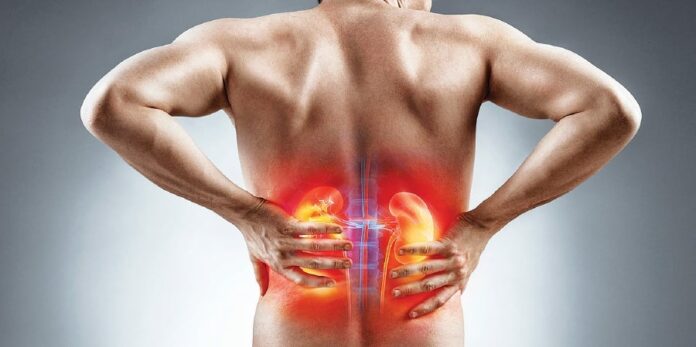The kidneys are vital organs responsible for filtering waste products and excess fluids from the blood, regulating electrolyte balance, and producing hormones that control blood pressure and red blood cell production.
However, certain habits can take a toll on kidney health and increase the risk of kidney damage and disease. Being aware of these habits is crucial for maintaining optimal kidney function and overall well-being. Here are five common habits that can damage the kidneys:
1. Excessive Salt Consumption:
Consuming too much salt can elevate blood pressure and put a strain on the kidneys. The kidneys play a critical role in maintaining electrolyte balance, including sodium levels in the body. When salt intake is high, the kidneys must work harder to excrete excess sodium, leading to increased fluid retention and elevated blood pressure. Over time, this can contribute to the development of hypertension and kidney damage. To protect your kidneys, limit your salt intake by avoiding processed foods, canned soups, fast food, and other high-sodium items.
2. Poor Hydration:
Dehydration can impair kidney function and increase the risk of kidney stones and urinary tract infections. When the body is dehydrated, the kidneys concentrate urine to conserve water, which can lead to the formation of kidney stones. Additionally, inadequate hydration reduces the kidneys’ ability to flush out toxins and waste products effectively, potentially leading to kidney damage over time. To maintain proper hydration and support kidney health, aim to drink plenty of water throughout the day and limit consumption of dehydrating beverages such as alcohol and caffeinated drinks.
3. Overuse of Painkillers:
Over-the-counter pain medications, particularly nonsteroidal anti-inflammatory drugs (NSAIDs) like ibuprofen and naproxen, can harm the kidneys when used excessively or over a prolonged period. These medications work by inhibiting enzymes involved in inflammation and pain pathways but can also reduce blood flow to the kidneys and impair their function. Chronic use or high doses of NSAIDs have been linked to acute kidney injury, chronic kidney disease, and kidney failure. To protect your kidneys, use pain medications sparingly and follow the recommended dosage guidelines.
4. Smoking:
Smoking is not only detrimental to lung health but also poses significant risks to kidney function. Cigarette smoke contains harmful chemicals that can damage blood vessels throughout the body, including those in the kidneys. Smoking is a known risk factor for the development and progression of kidney disease, as it can accelerate the decline in kidney function and increase the risk of kidney failure. Quitting smoking is essential for preserving kidney health and reducing the risk of kidney-related complications.
5. Excessive Alcohol Consumption:
While moderate alcohol consumption may not pose significant risks to kidney health for most individuals, excessive alcohol intake can be harmful. Alcohol is a diuretic, meaning it increases urine production and can lead to dehydration if consumed in large quantities. Chronic alcohol abuse can also disrupt kidney function, impairing the organ’s ability to filter waste products and maintain electrolyte balance. Heavy alcohol consumption is associated with an increased risk of kidney disease, including alcoholic nephropathy. To protect your kidneys, limit alcohol intake to moderate levels and avoid binge drinking.
Conclusion:
Protecting kidney health is essential for overall well-being and longevity. By avoiding habits that can harm the kidneys, such as excessive salt consumption, poor hydration, overuse of painkillers, smoking, and excessive alcohol consumption, you can reduce the risk of kidney damage and disease. Instead, focus on adopting healthy lifestyle habits that support kidney function, such as maintaining proper hydration, following a balanced diet, and avoiding tobacco and excessive alcohol use. Prioritizing kidney health can help preserve these vital organs and promote optimal overall health.















